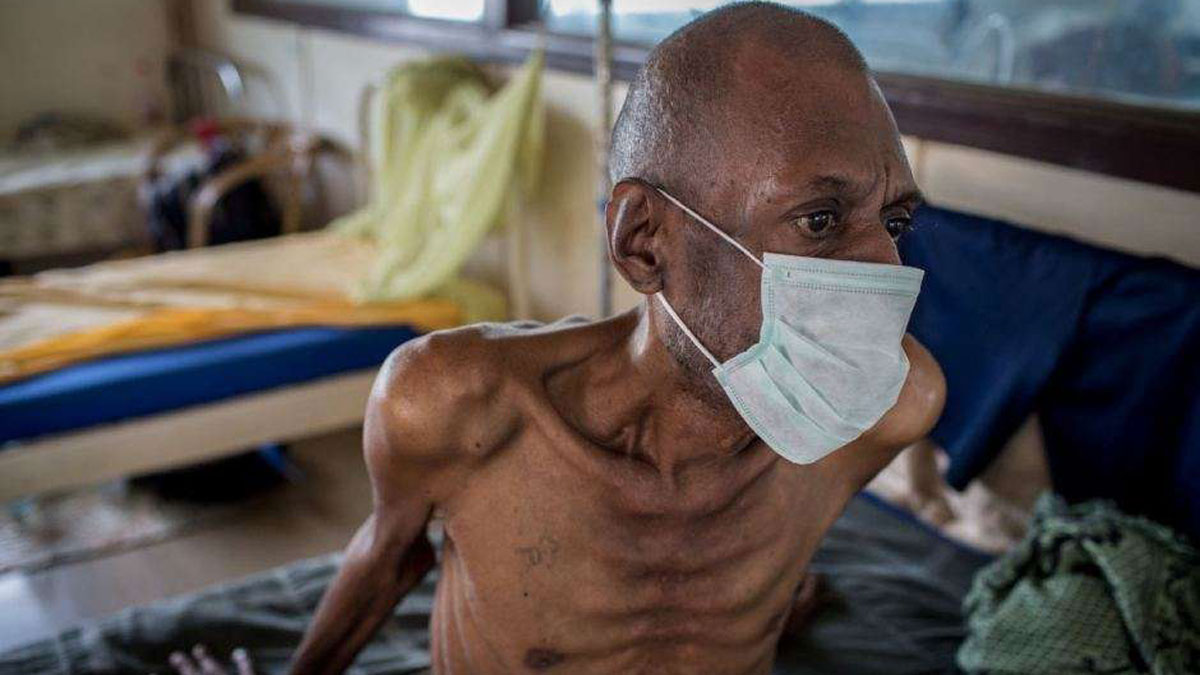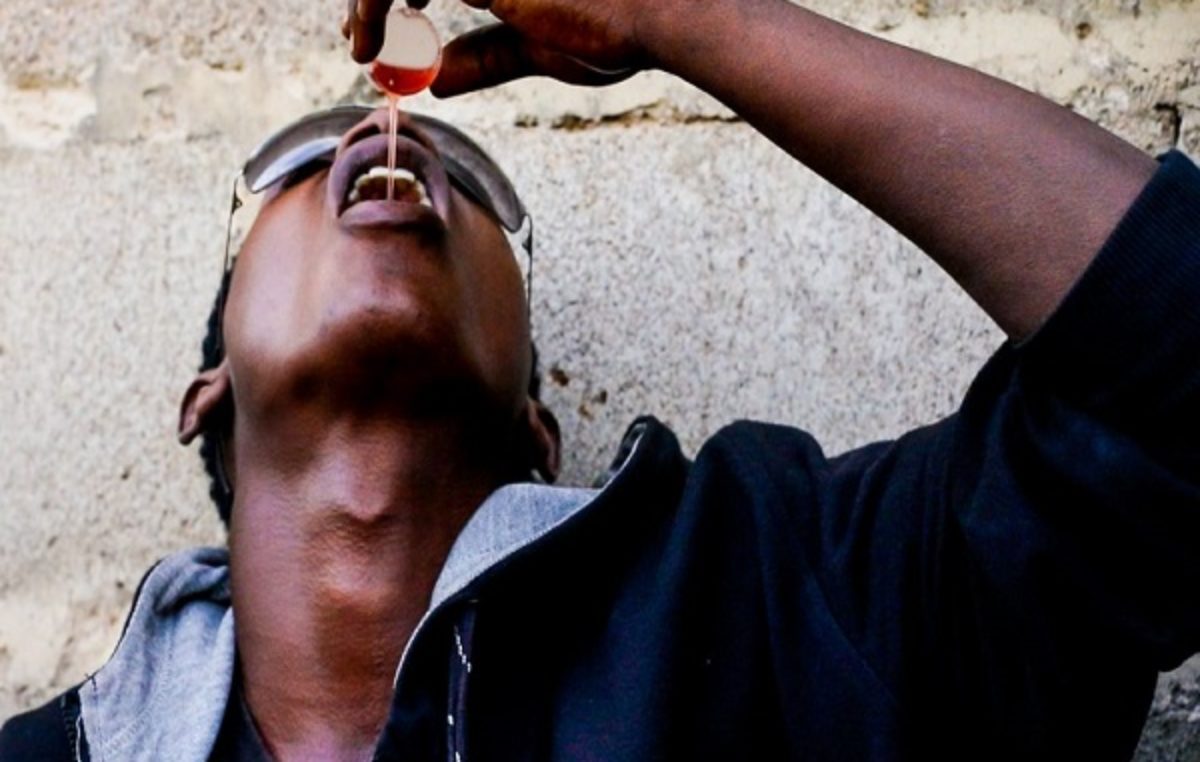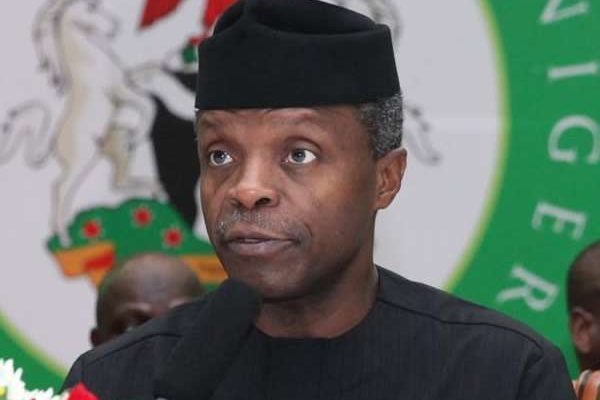WHO Engages 12,000 Community Informants To Find ‘Missing TB Cases’ In Nigeria
As Nigeria commemorates World Tuberculosis (TB) Day on 24 March 2019, the World Health Organization (WHO) has engaged over 12,000 community informants to find ‘missing cases’ of TB in the country.
The 2018 TB report reveals that 4.3 million cases are missed globally and Nigeria contributes 8 percent of this. In 2019, the World TB Day theme is ‘It’s Time’ and national slogan is ‘To End TB in Nigeria (Keep the Promise! Find TB! Treat TB!)’.
The 2018 WHO Global TB Report indicates that the disease burden caused by TB is falling globally, but not fast enough to reach the required milestones of the ‘End TB Strategy -2020’.
An estimated 418,000 new TB cases occurred in Nigeria in 2018 and the country notified 106,533 cases (25 percent) of TB in 2018, leaving a gap of 314,712 and 319,599 cases that are yet to be notified respectively.
The ‘missing cases’ constitute pool of reservoir for the continuous transmission of the disease as each undetected TB case has the potential of infecting 10-15 persons in a year.
In partnership with the Federal Government, WHO engaged the community informants to enhance TB case notifications in 12 states using the Integrated Disease Surveillance and Response structure (IDSR) often used by WHO’s Polio programme.
In March 2018, with funding from the United States Agency for International Aid (USAID), WHO engaged the services of 12 TB state surveillance officers to enhance TB case notifications in high burden states of Lagos, Kano, Kaduna, Rivers, Anambra, Niger, Imo, Bauchi, Oyo, Delta, Benue and Taraba.
This was done to help facilitate increased TB case notifications from all the health facilities in the 12 states through the IDSR structure. With this recruitment, 190 additional health facilities are now reporting on TB and 523 additional TB cases have been reported to National TB Programme.
The Director of Public Health Oyo State Ministry of Health, Dr Oyewole Lawal, said: “The Community Informants engagement as an intervention to improve case finding is very productive.
“The integrated disease surveillance structure through the Local Government Area (LGA) Disease Surveillance Notification Officer (DSNO) is being extended to finding TB cases in the community. This is the first time the IDSR framework is being used as an approach to find missing TB cases and it has started yielding results in its first year of implementation”.
The engagement of community informants in 12 states is a good head start but not adequate.
Dr Rex Mpazanje, the WHO Nigeria Acting Officer in Charge (OIC) says, “to fight the TB scourge, investments by the government towards care and prevention must be increased. Every health facility in the country down to community drug stores, need to be enlisted into TB case finding.”
He adds, “Efforts must be made to identify and remove the challenges that are slowing down progress, as well as adopt and roll out the most cost-effective policy options and interventions.
TB services should be among core interventions in minimum services packages being funded from domestic resources in health insurance schemes being setup to support the revitalized Primary Health Care system to take the country to universal health coverage.




